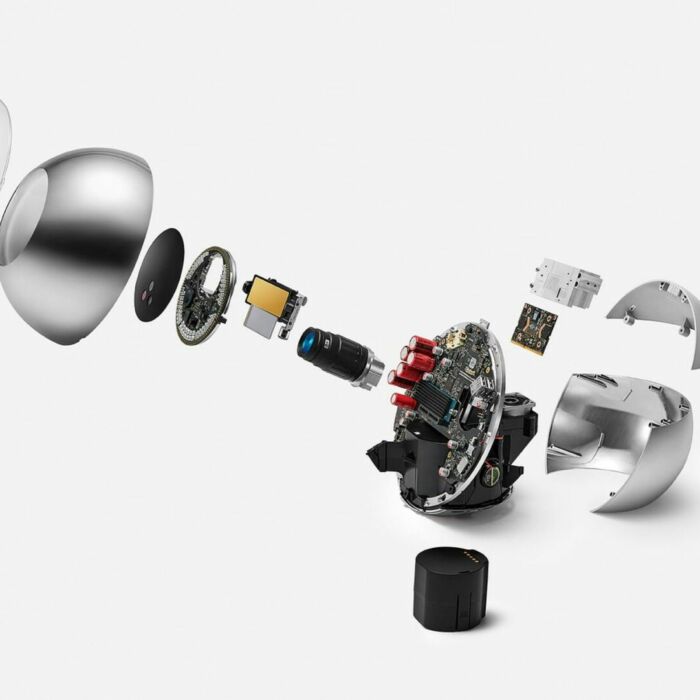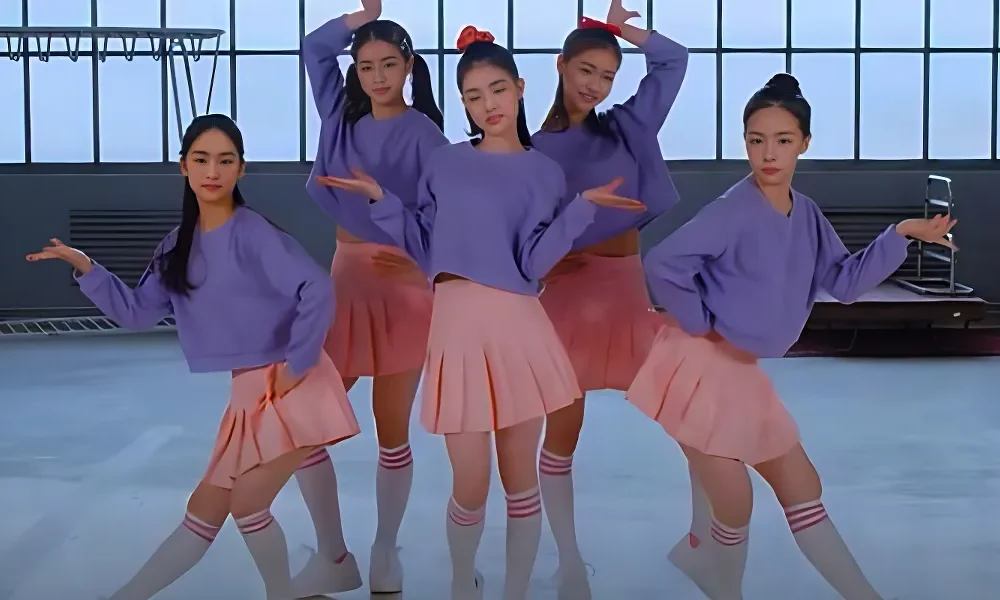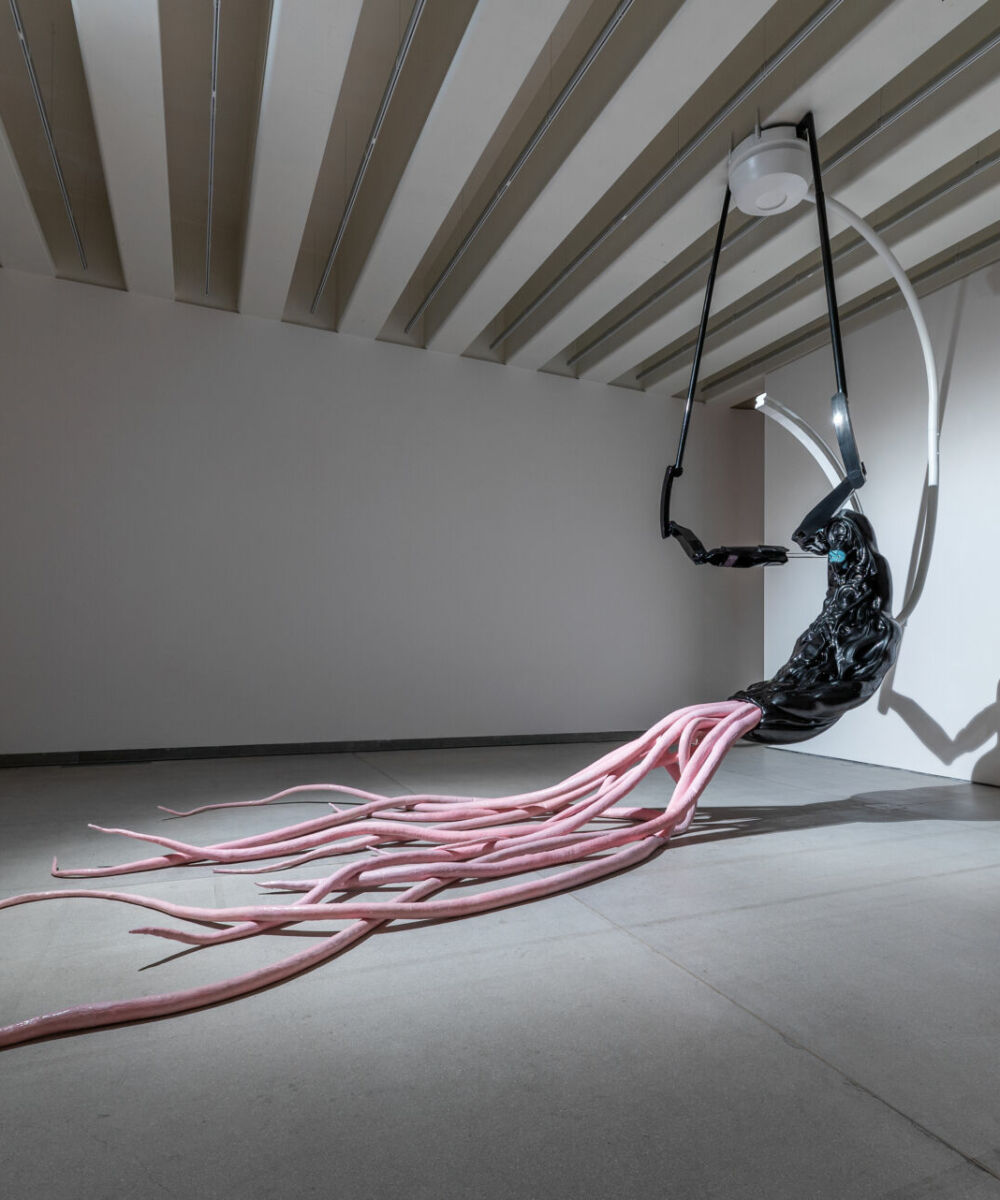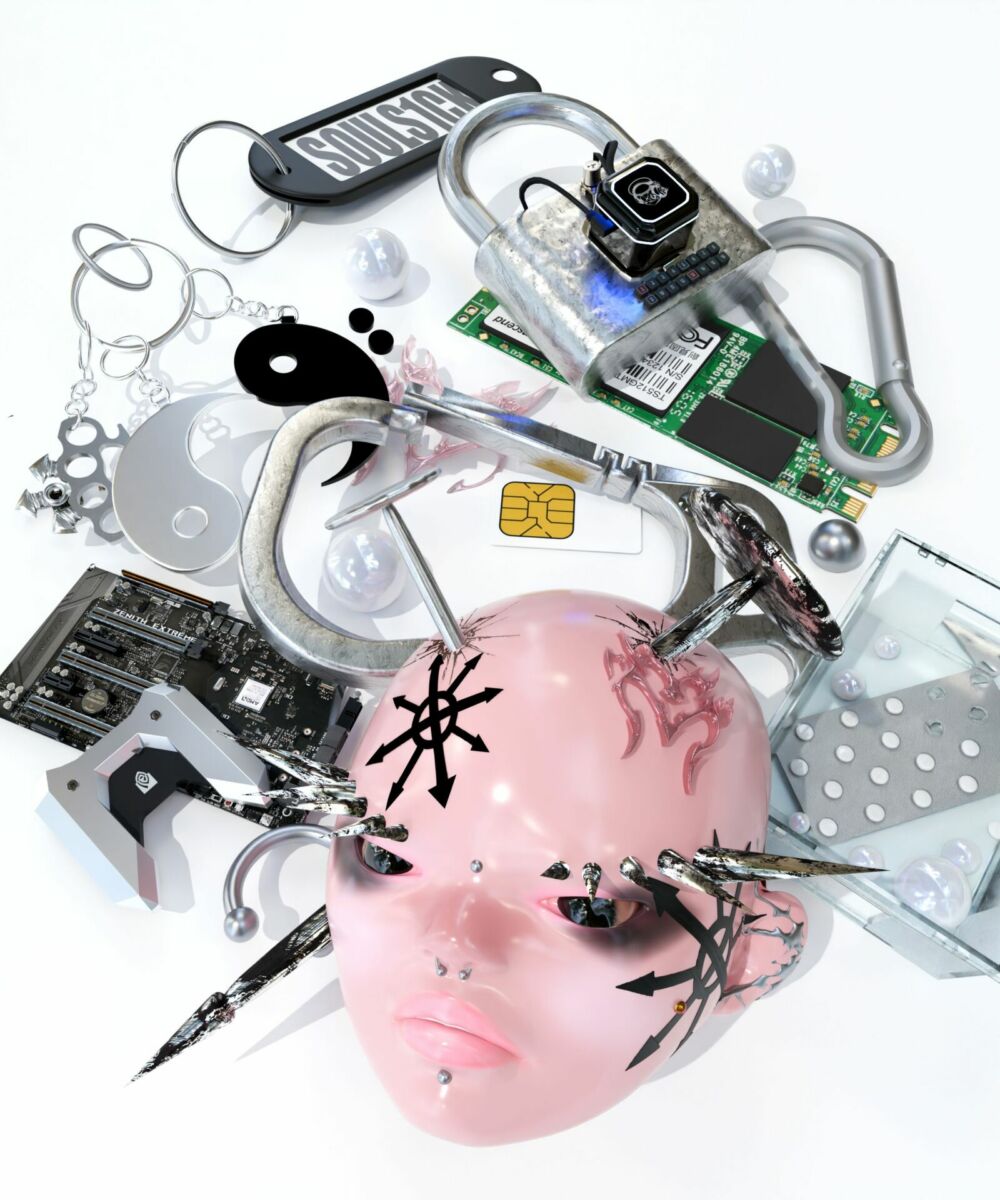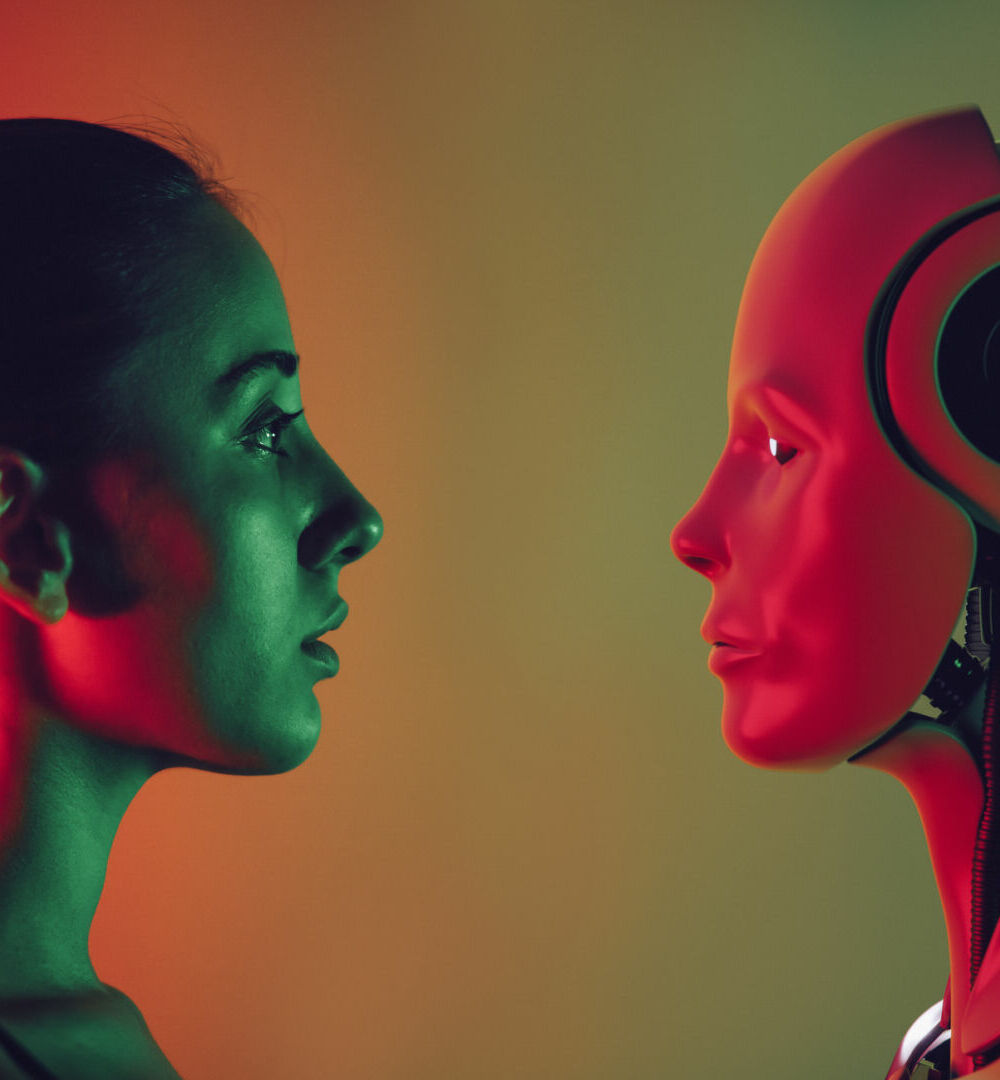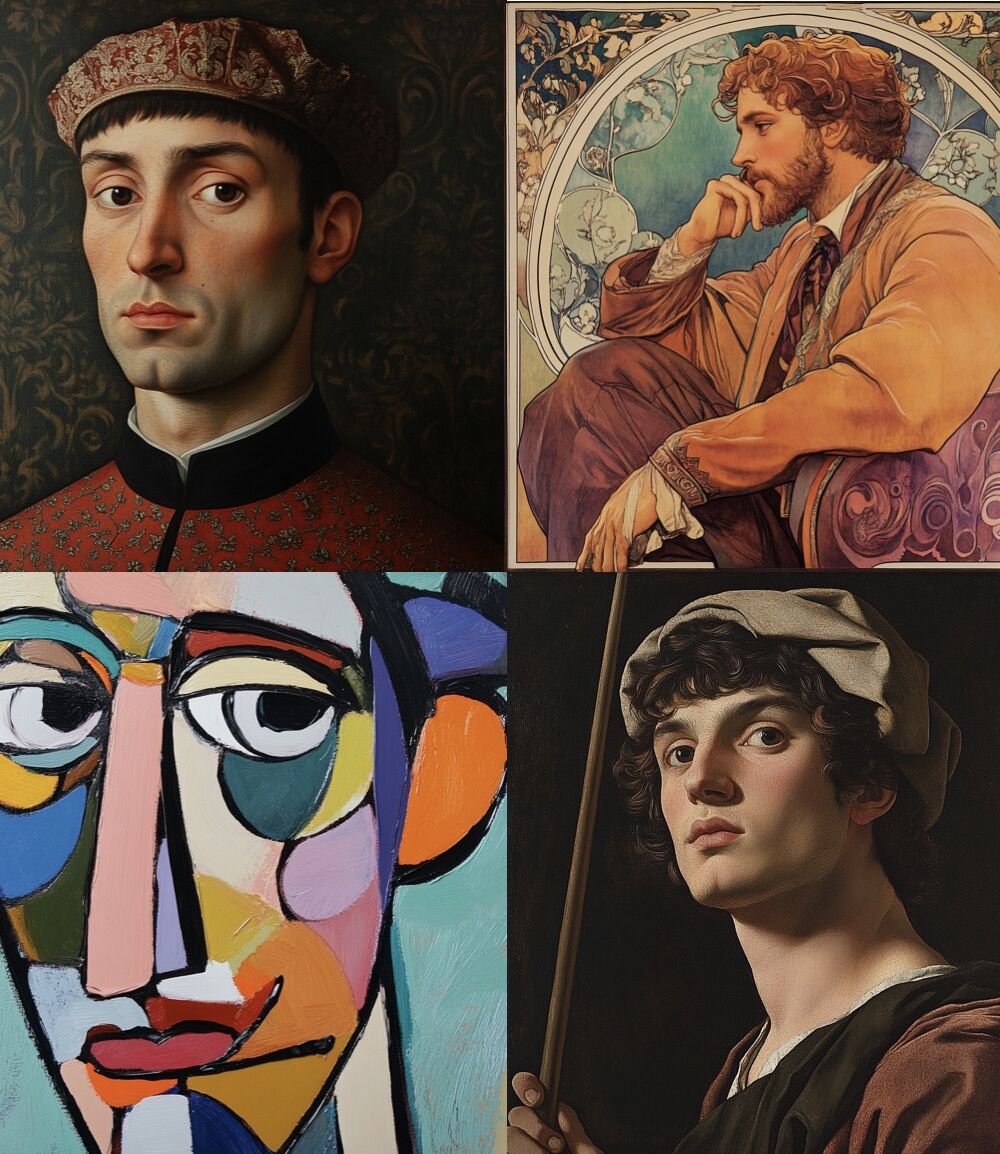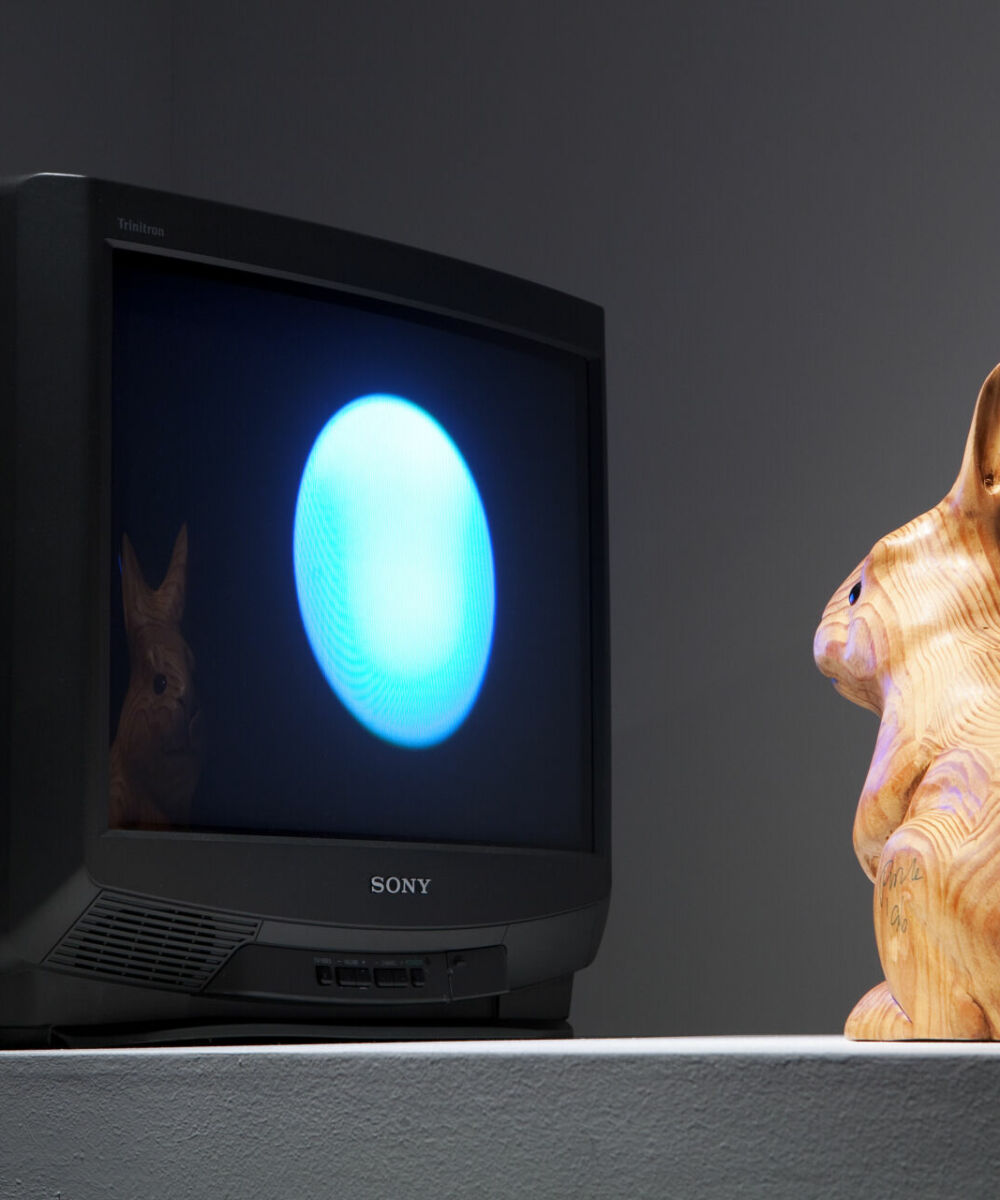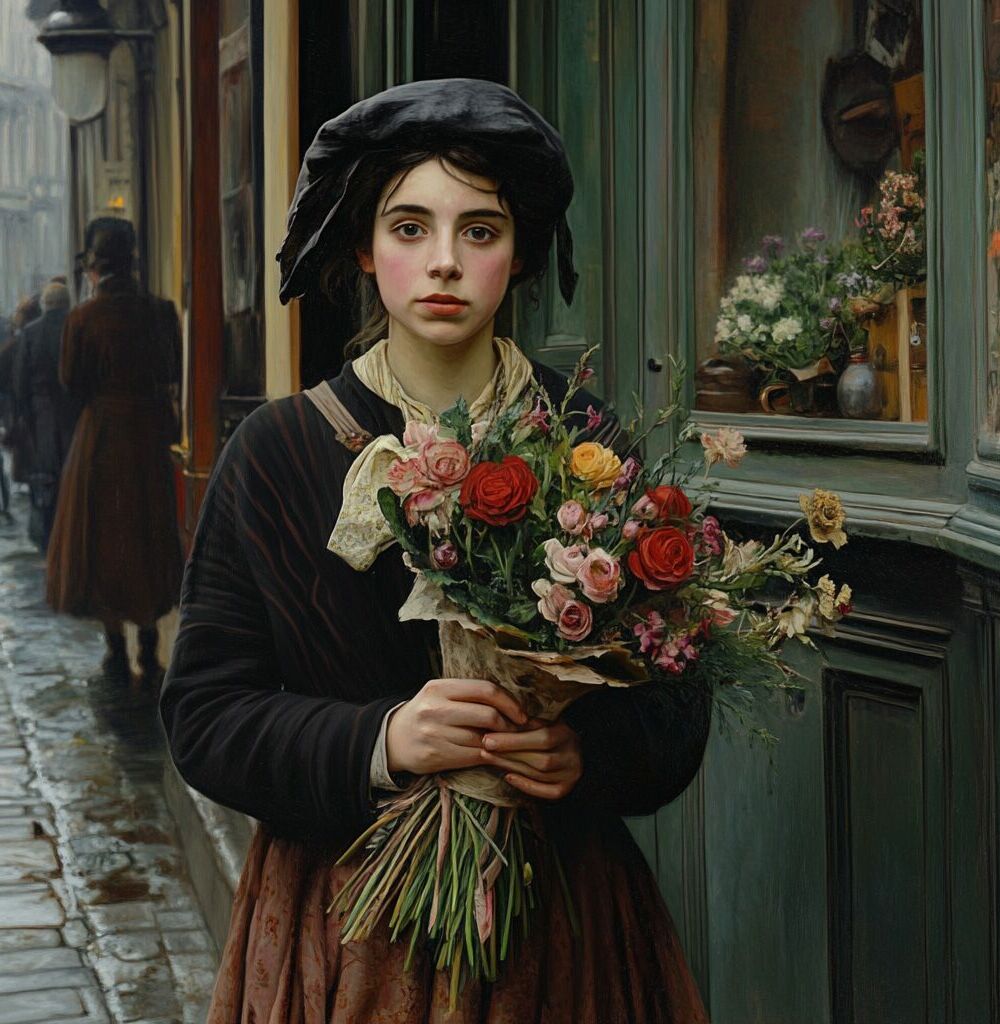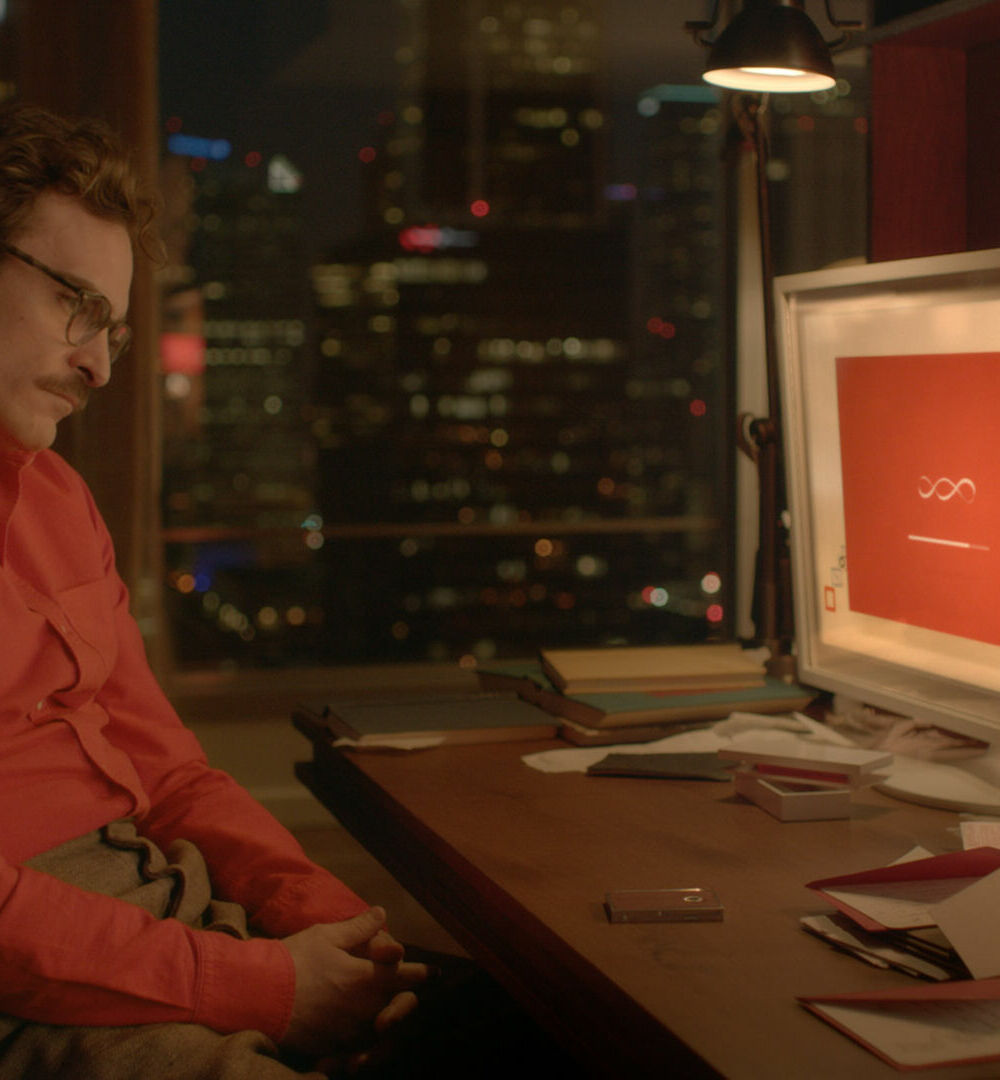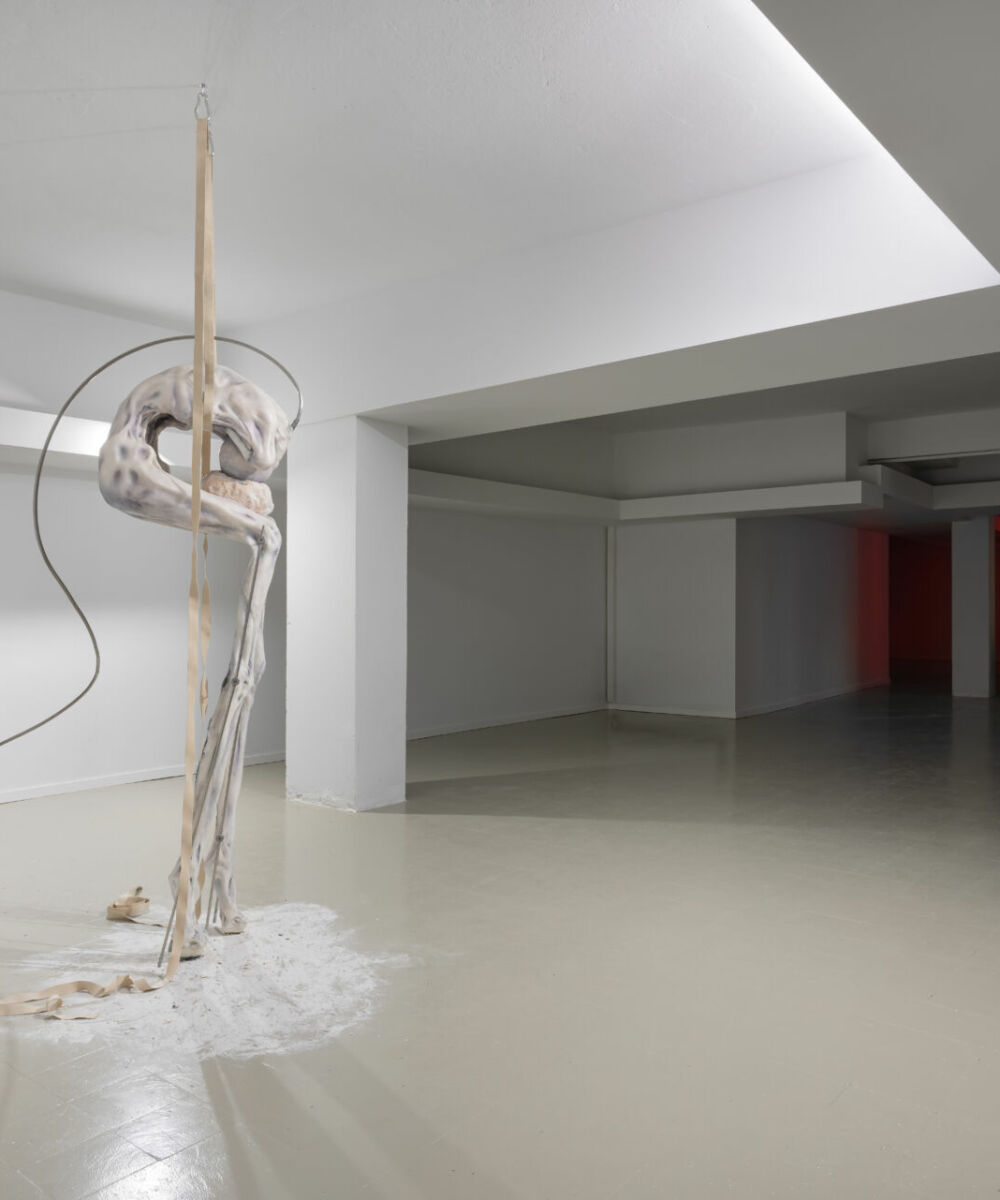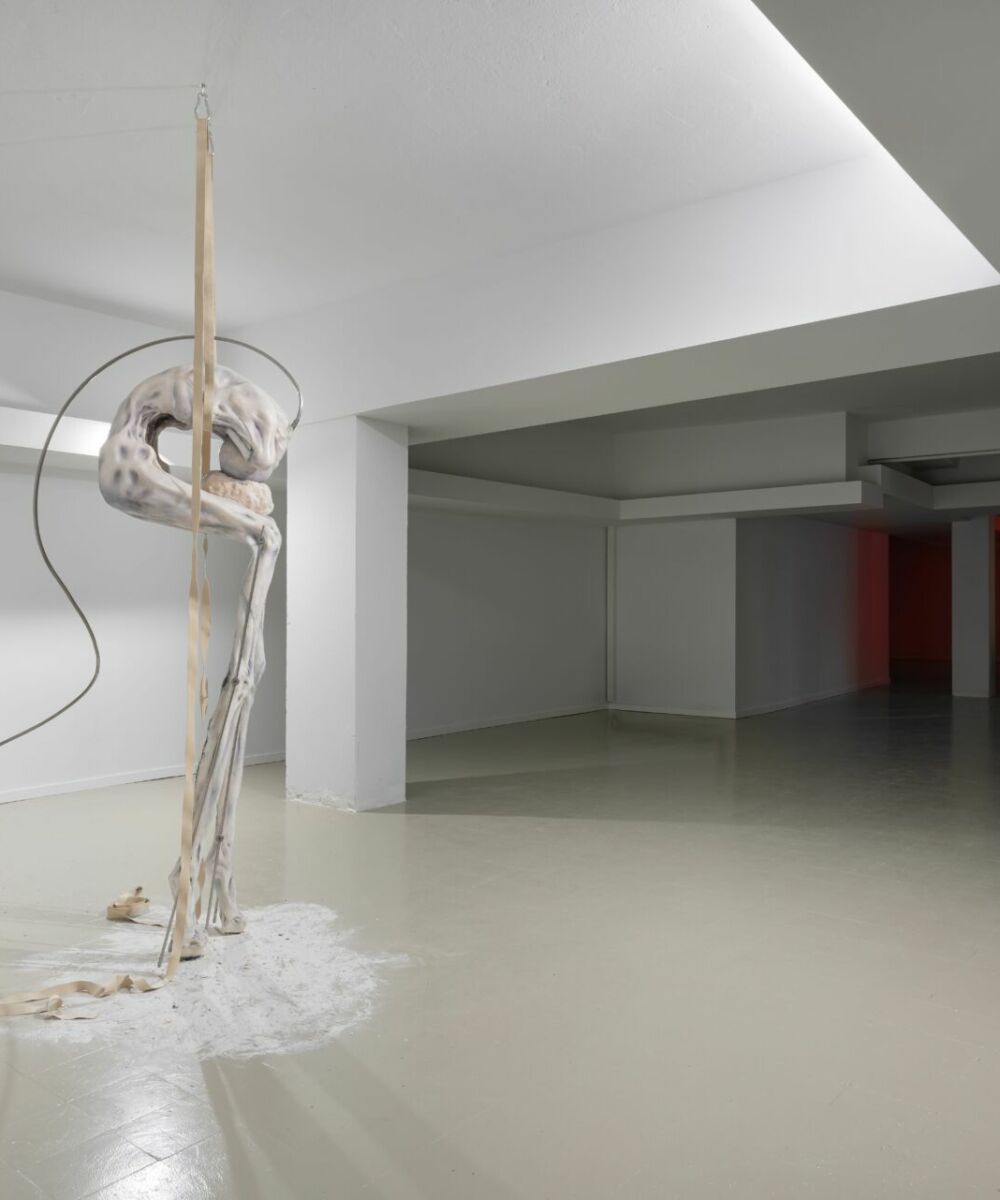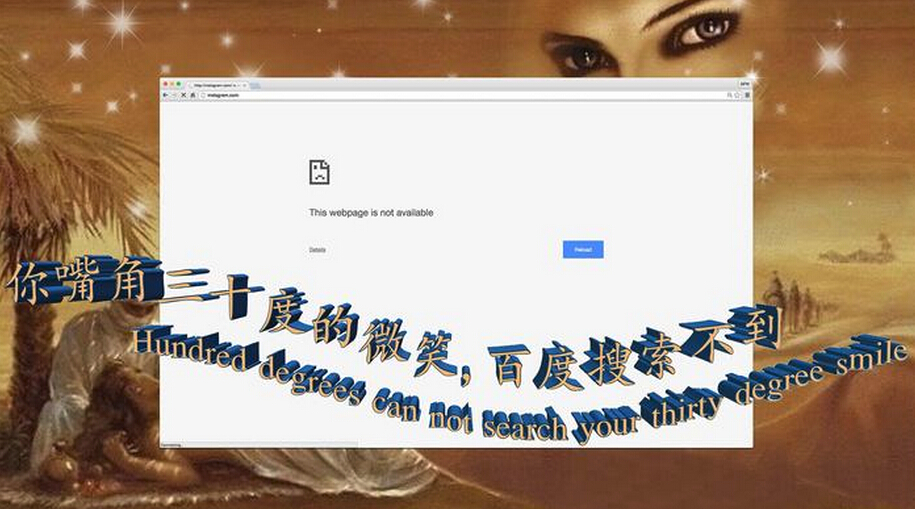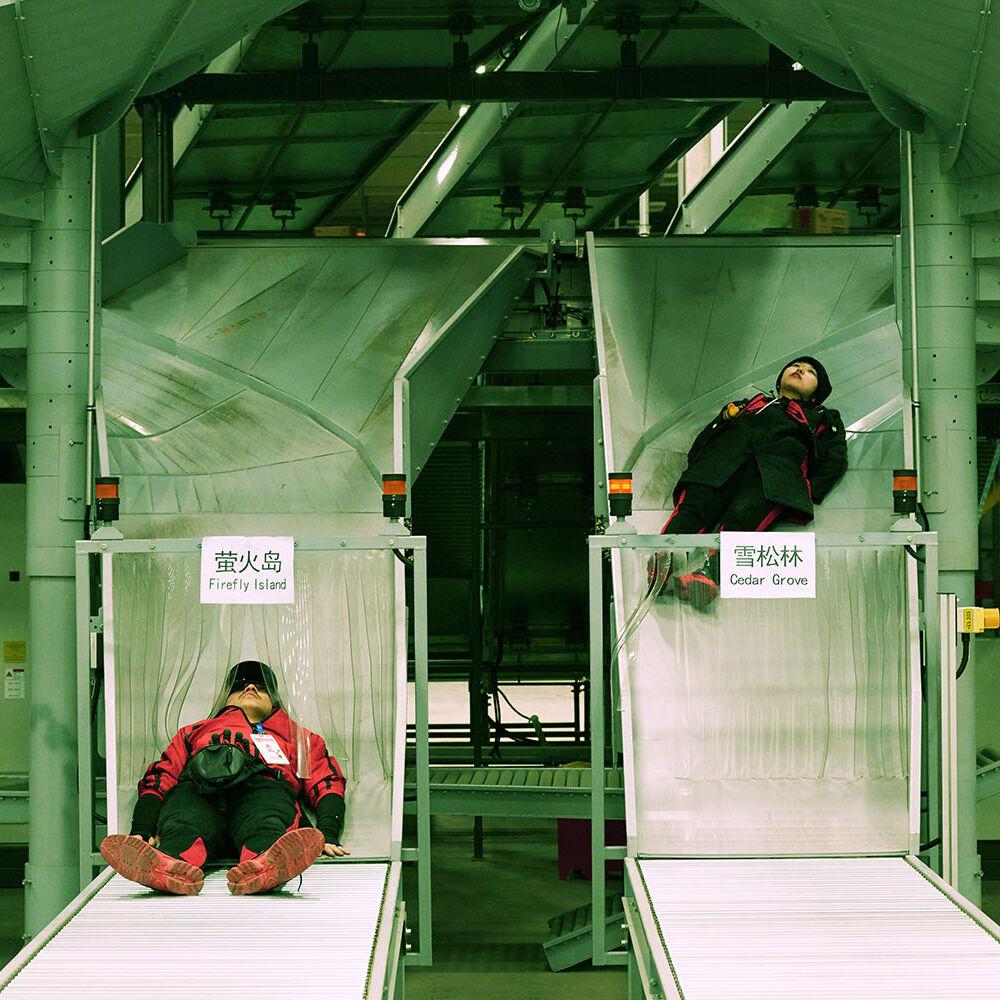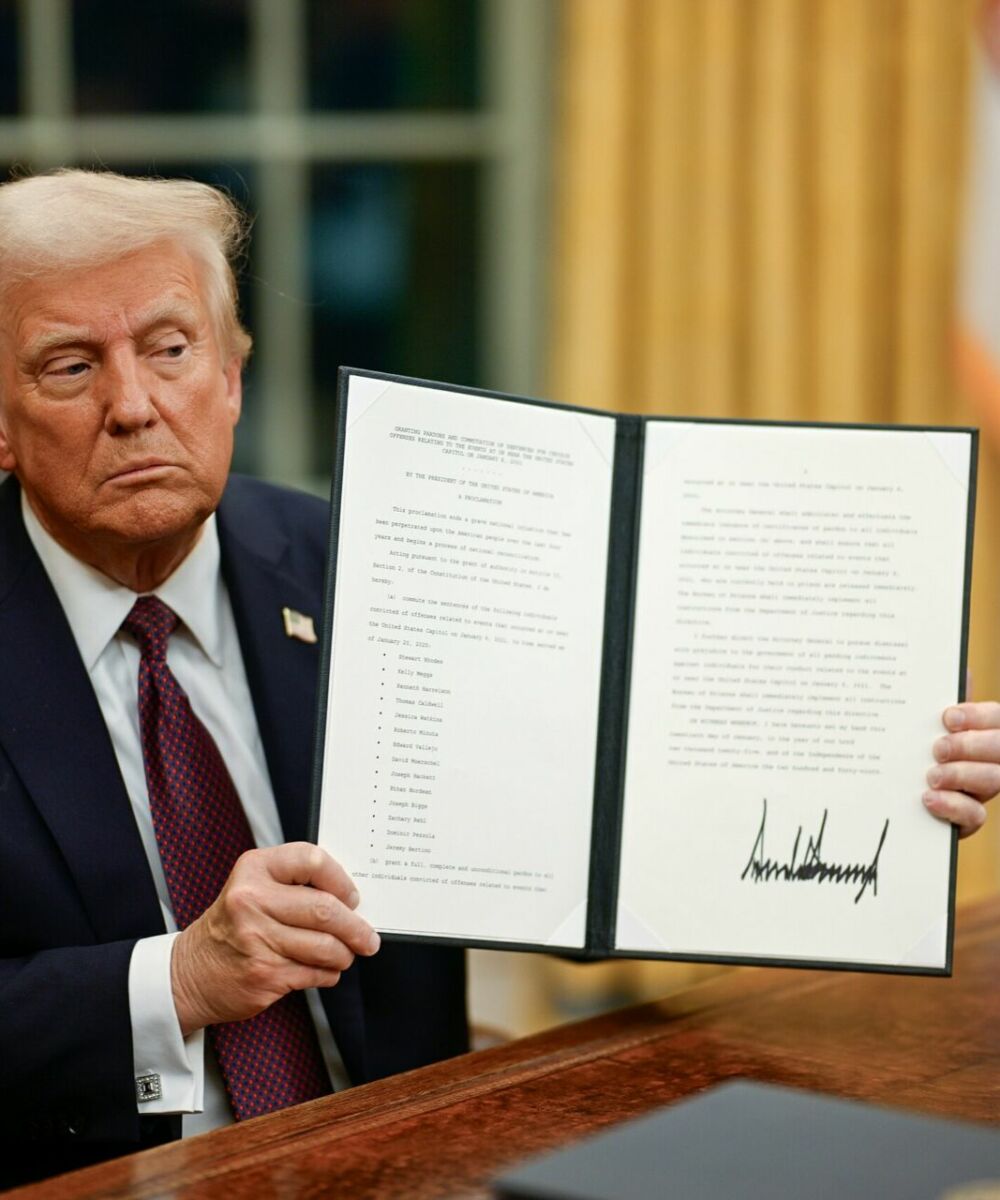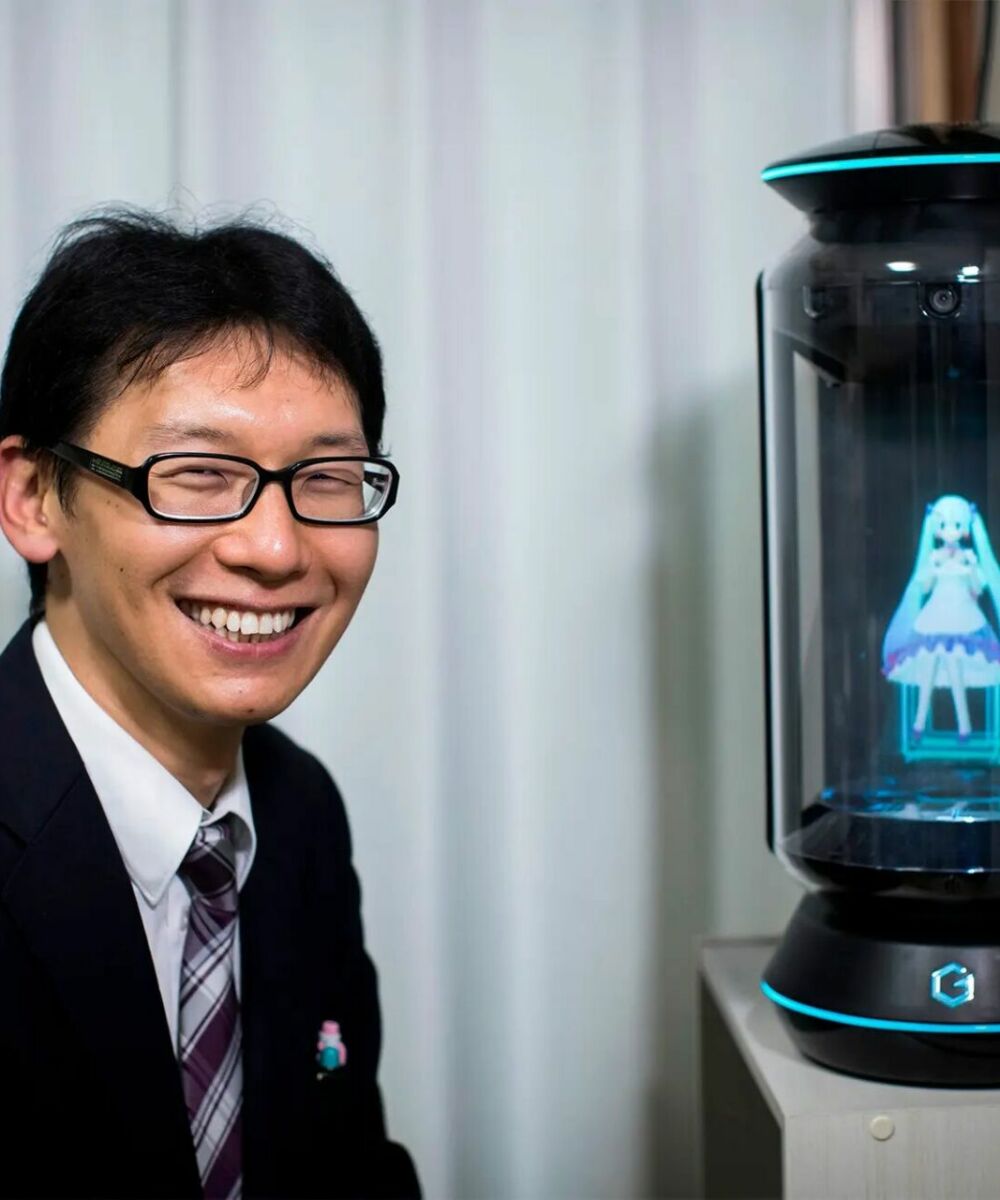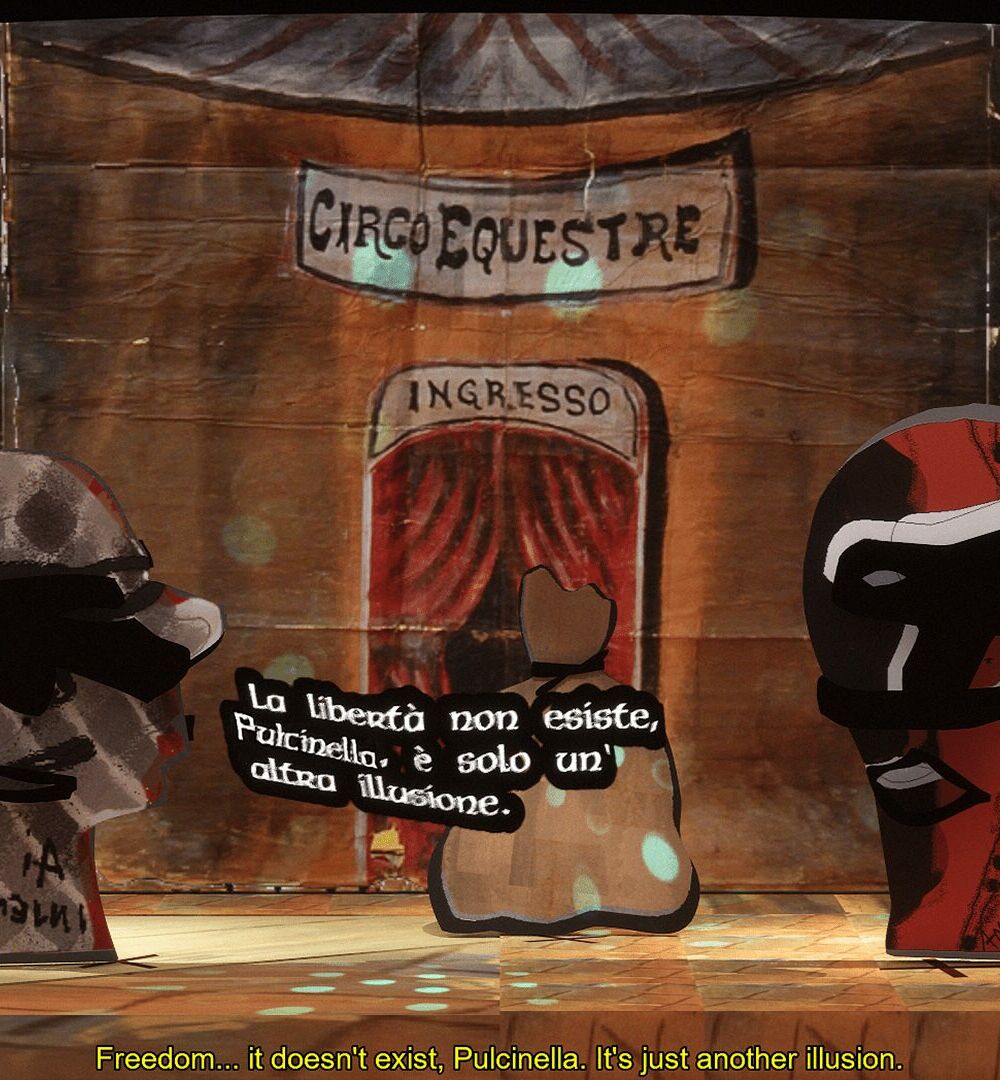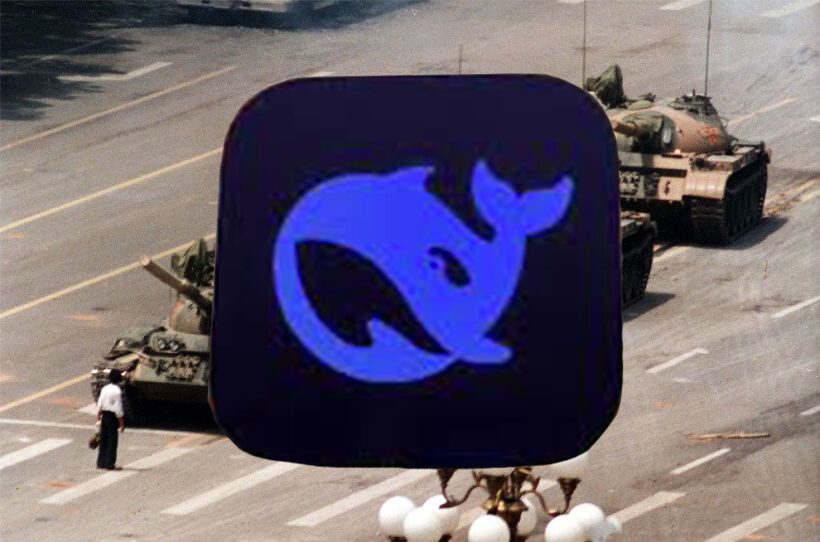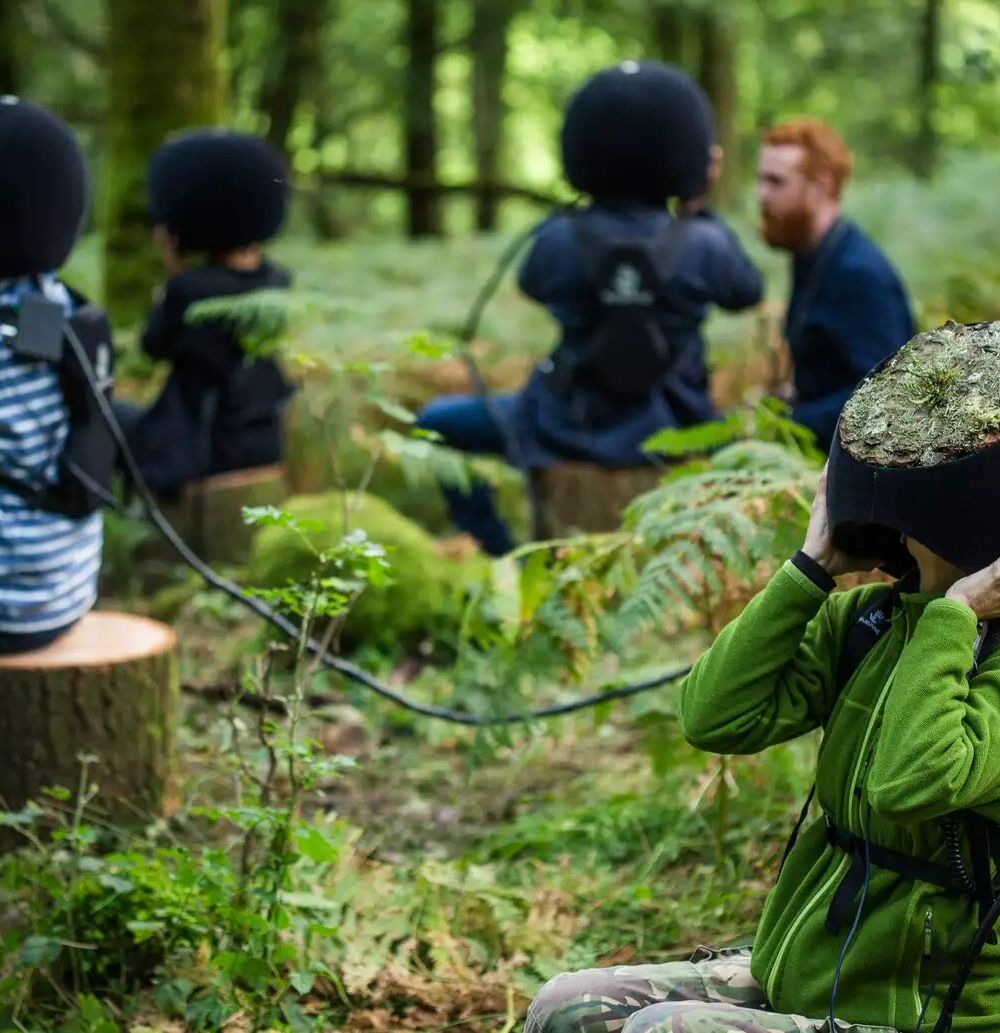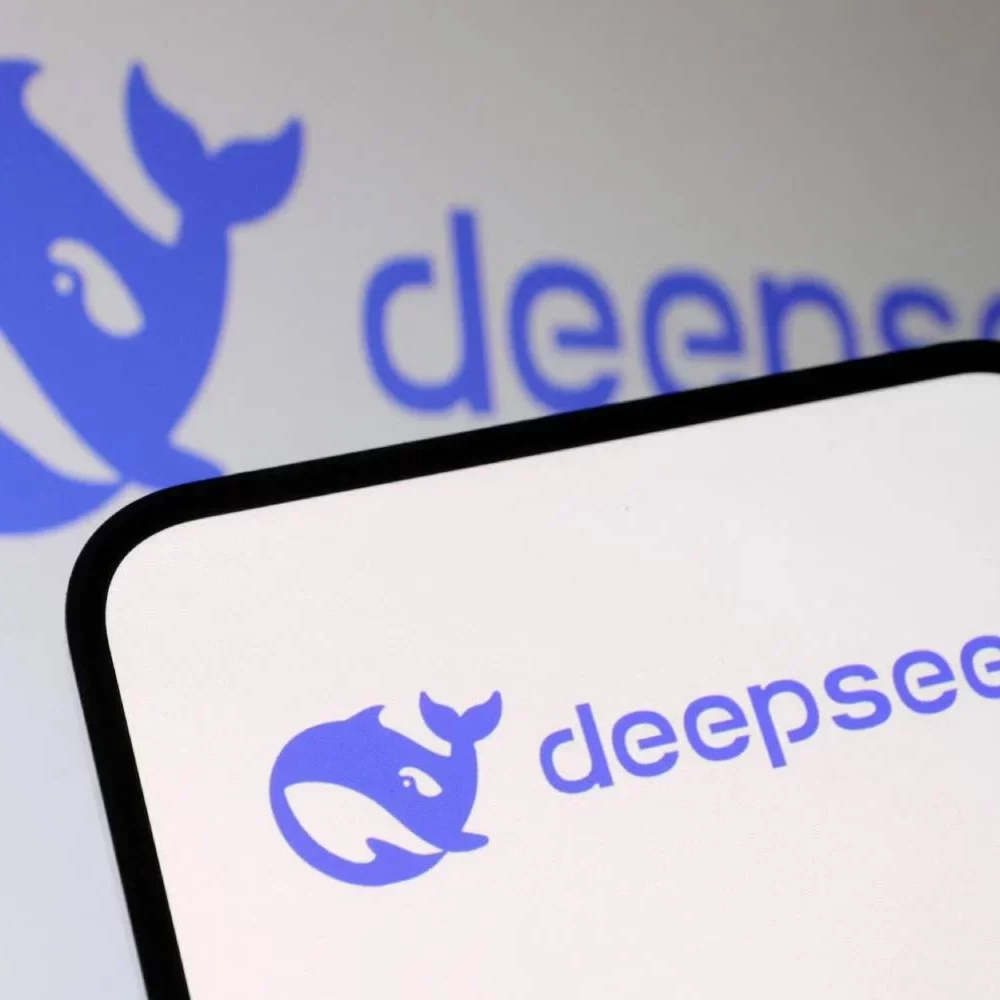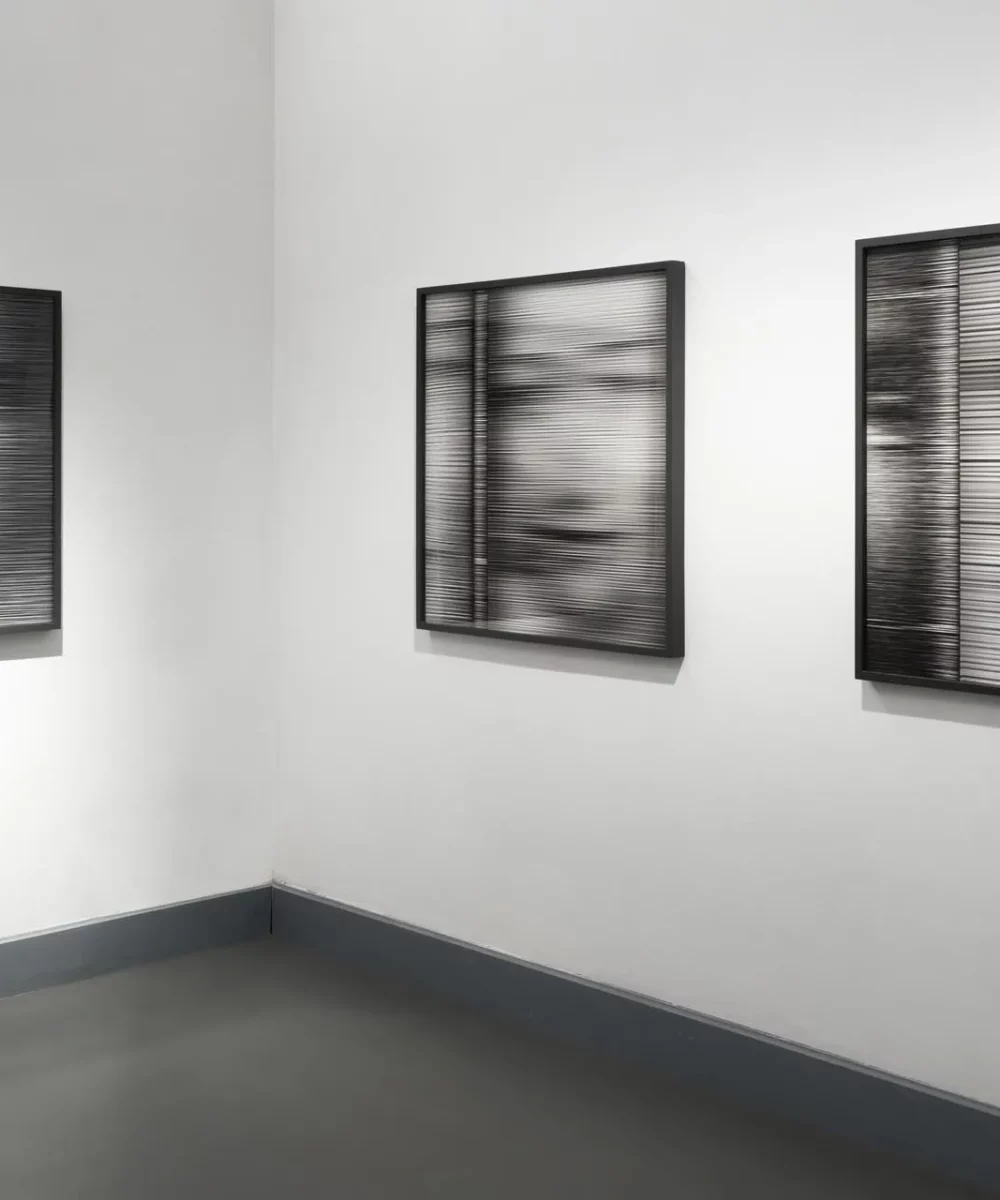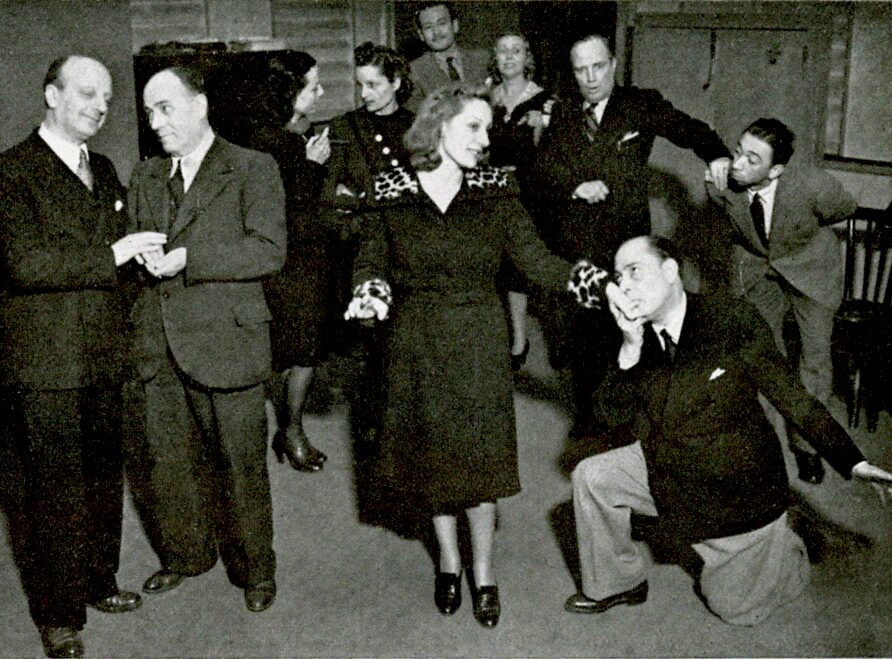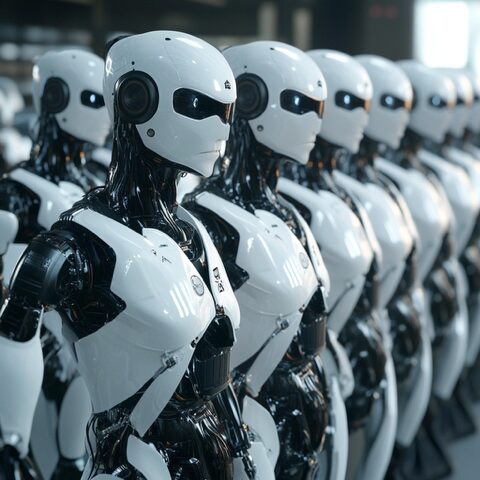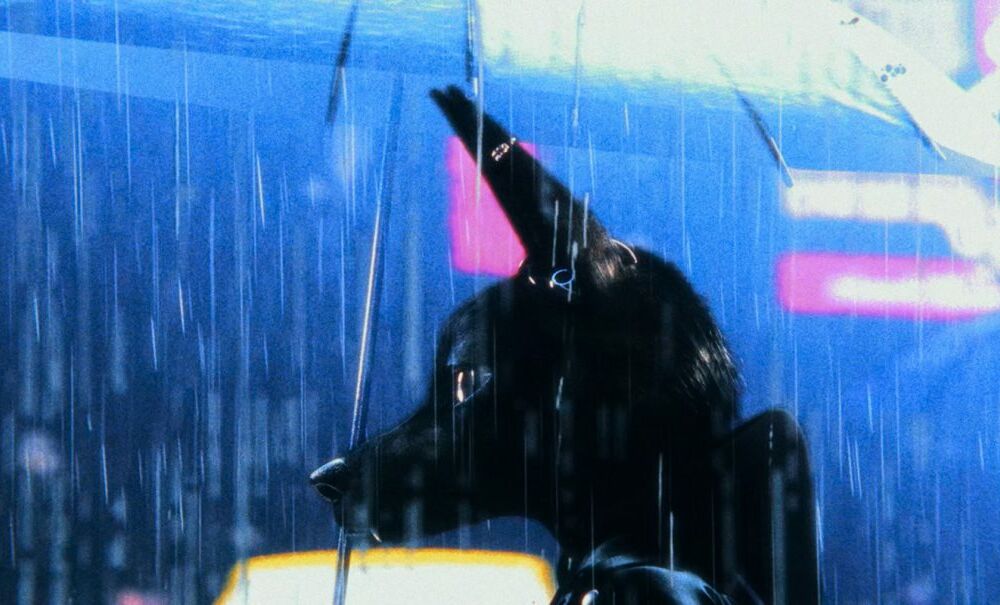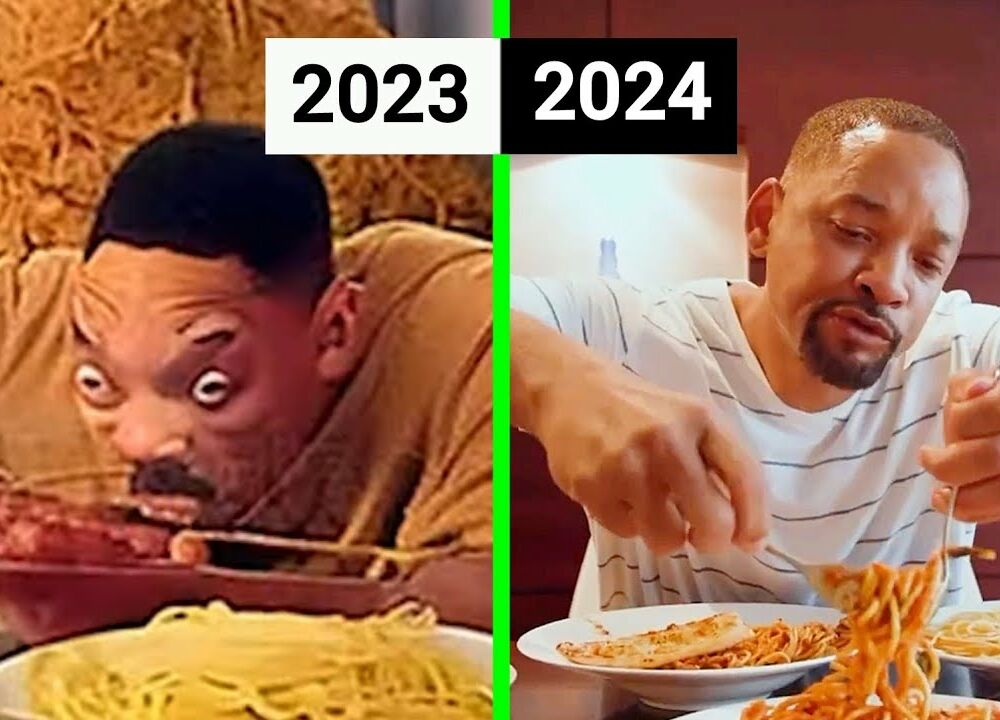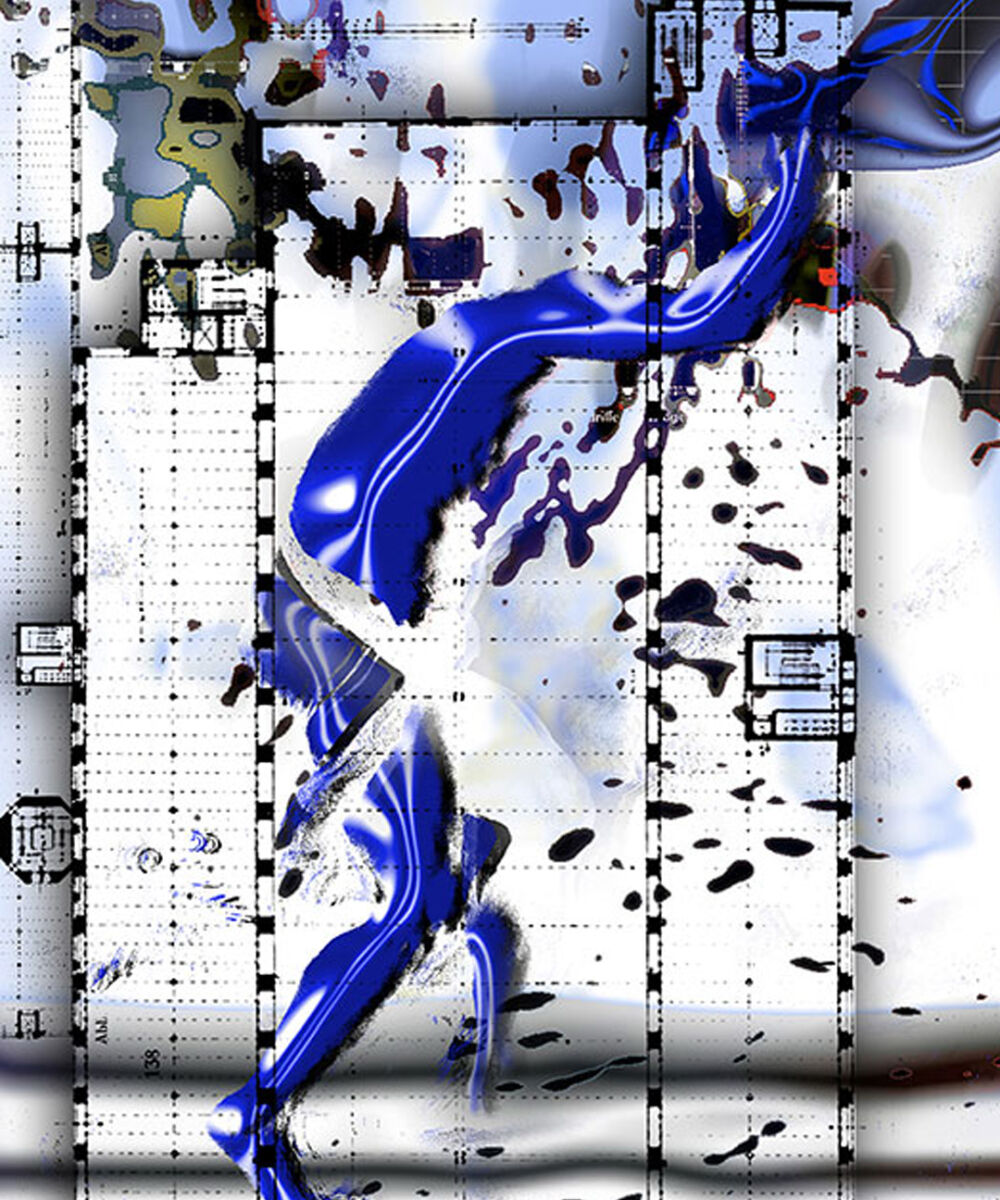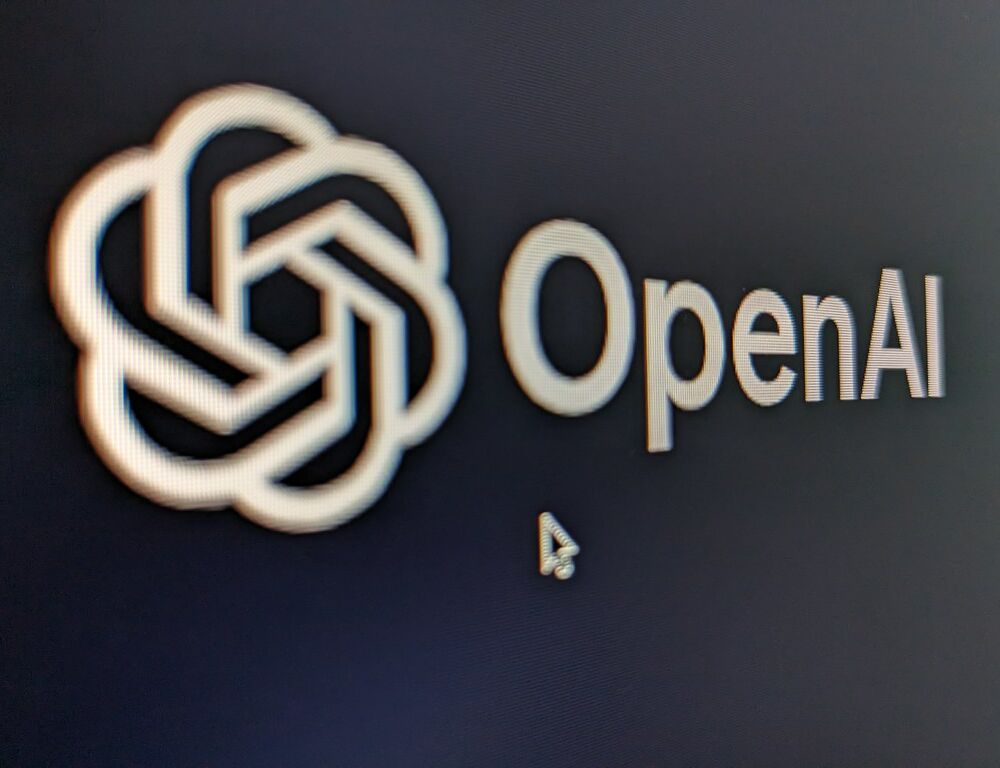ByteDance, mother company of TikTok, recently fired over 700 employees in China, who will be replaced by artificial intelligence systems for content moderation. This decision highlights one of the most feared side effects of the advent of AI: massive job losses. With machines replacing more and more human tasks, many sectors risk being overwhelmed by this technological revolution, with devastating consequences for global employment.
It is precisely in this scenario that Worldcoin – recently renamed just ‘World’, without the ambiguous reference to the world of cryptocurrencies – comes into play, the ambitious project of Sam Altman, co-founder of OpenAI, which aims to create an innovative path towards a universal basic income. Altman’s idea is simple: in the not-too-distant future, in which it will be impossible to discriminate between a human being and an online AI, it will be necessary to establish a human verification service via iris scanning, based on blockchain. Moreover, World also promises to redistribute the wealth generated by AI to people at risk of losing their jobs through a decentralised payment system.
Although the ultimate goal of ensuring a universal basic income is extremely appealing, Altman’s project has raised several concerns. It is still unclear how this system will actually result in an equitable distribution of economic resources, and there is a lack of concrete details on the project’s future functioning. Furthermore, serious privacy and security concerns are emerging. Indeed, the collection of biometric data on a global scale, such as iris data, presents high risks in a world where breaches of sensitive data are becoming more and more common. In short, World could turn out to be a visionary project or turn into a terrible nightmare. We shall see.
Alessandro Mancini
A graduate in Publishing and Writing from La Sapienza University in Rome, he is a freelance journalist, content creator and social media manager. Between 2018 and 2020, he was editorial director of the online magazine he founded in 2016, Artwave.it, specialising in contemporary art and culture. He writes and speaks mainly about contemporary art, labour, inequality and social rights.




